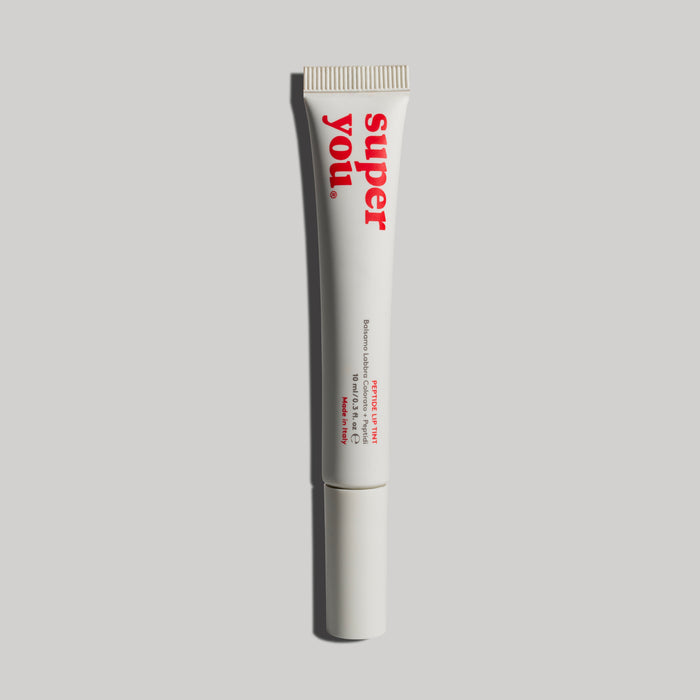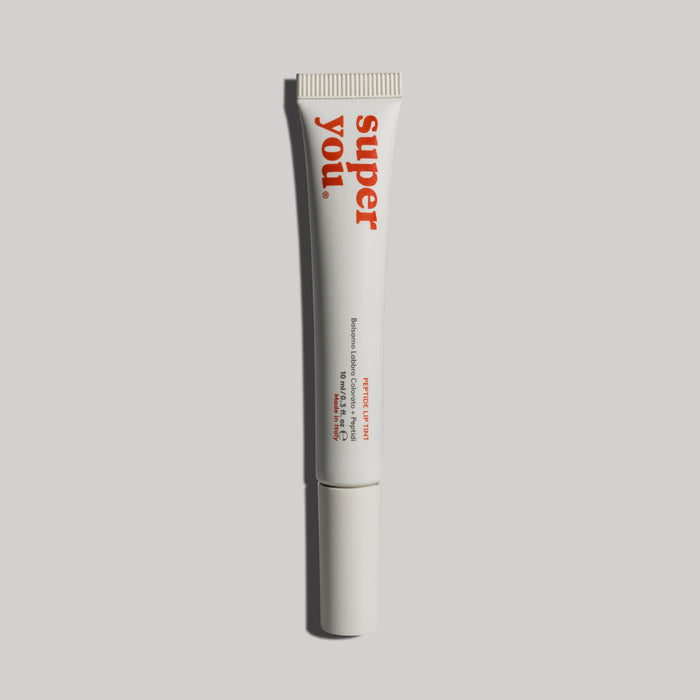How Stress Affects Your Skin (and What You Can Do to Protect It)

🧠 Stress Is Not Just in Your Mind—Your Skin Feels It Too
Stress is an emotion, but it manifests physically—especially through your skin.
When your mind is overwhelmed, your body responds by releasing cortisol, the primary stress hormone. While essential for short bursts of energy or alertness, chronic cortisol exposure leads to inflammation, cellular damage, and hormonal disruption—and your skin becomes one of the first places it shows.
Signs of stress-affected skin:
-
Breakouts or acne
-
Redness, dryness, or itchiness
-
Dull complexion
-
Increased sensitivity
-
Premature wrinkles
🥗 Eat for Skin Balance: The Stress-Beauty Connection
What you eat during times of stress has a huge impact on your skin. Stress triggers cravings for sugar and processed foods—but those exacerbate skin inflammation.
Try this instead:
-
🐟 Omega-3-rich foods: salmon, walnuts, flax seeds
-
🍳 B vitamins: eggs, legumes, whole grains
-
🥬 Magnesium: dark leafy greens, avocado, dark chocolate
-
🍵 Herbal teas: chamomile, passionflower, lemon balm
Also: drink water. Lots of it. Skin under stress dehydrates more easily.
🔗 The Brain–Gut–Skin Axis
There’s a reason dermatologists are talking about gut health more than ever.
Stress affects the gut microbiota, which influences skin microbiota via immune and hormonal signals. When your digestion is off:
-
Nutrient absorption drops
-
Inflammation increases
-
Skin sensitivity skyrockets
Supporting both your gut and skin microbiomes creates a stable foundation for long-term glow.
🌱 Natural Remedies That Help
-
Adaptogens like ashwagandha or rhodiola: regulate stress hormones
-
Probiotics: support gut–skin balance
-
Lavender or neroli essential oils: calm the nervous system (use in diffusers or night oils)
-
Magnesium glycinate or bisglycinate: for muscle and mood relaxation
😴 Stress, Sleep & Skin Repair
If you’re not sleeping well, your skin can’t recover.
During deep sleep:
-
Collagen is rebuilt
-
Cellular waste is cleared
-
Melatonin (a powerful antioxidant) is released
Blue light, stress, and late-night scrolling disrupt this cycle.
👉 Tip: Shut down devices 60 minutes before bed and opt for a skincare wind-down ritual to support sleep and glow.

3. Microbiome Imbalance
Chronic stress alters your skin’s microbial environment. Good bacteria (which protect and regulate your skin) are disrupted, making room for harmful ones. The result?
-
Increased inflammation
-
Slower healing
-
Skin conditions like eczema, rosacea, or dermatitis
🧬 The Oxidative Stress Factor
When stress hormones flood your system, they also increase free radicals—unstable molecules that damage cells.
This accelerates oxidative stress, which:
-
Degrades collagen and elastin
-
Impairs skin tone and texture
-
Speeds up wrinkle formation
-
Reduces skin’s ability to repair itself

🔬 What Happens to Your Skin When You're Stressed?
1. Sebum Overload & Acne Flare-Ups
Cortisol stimulates sebaceous glands, leading to excess oil. This clogs pores and worsens acne, especially in already oily or acne-prone skin.
2. Weakened Skin Barrier
Stress reduces the production of lipids that form the skin barrier. When that protective shield is compromised:
-
Your skin loses moisture
-
Environmental pollutants and allergens can easily penetrate
-
You experience sensitivity, redness, and itching
🧴 Anti-Stress Skincare: What to Use (and What to Avoid)
To care for stressed skin, your skincare routine needs to do three things:
✅ Protect
✅ Soothe
✅ Rebuild
✅ Top Ingredients to Look For:
-
Niacinamide: Reduces inflammation, strengthens barrier function
-
Probiotics & prebiotics: Restore a balanced skin microbiome
-
Panthenol & centella asiatica: Calm irritation and promote healing
-
Peptides & antioxidants: Support cell regeneration and elasticity
-
Hyaluronic acid: Deep hydration without clogging pores
👉 Try the SuperYou collection, developed to support skin during hormonal and emotional stress.
❌ Ingredients to Avoid:
-
Synthetic fragrances
-
Drying alcohols (like alcohol denat.)
-
Harsh surfactants (SLS/SLES)
-
Mineral oils or heavy occlusives
-
Artificial dyes or colorants

🧘 Lifestyle Habits That Soothe Skin & Mind
1. Daily Breathwork
Five minutes of deep belly breathing can reduce cortisol levels significantly. Try the 4-7-8 method or box breathing.
2. Evening Rituals
Turn your night routine into a sensory ritual:
🌿 Cleanse, apply a serum slowly, finish with a gentle massage.
🌙 Light a candle or diffuse lavender essential oil to transition into rest mode.
3. Gentle Movement
Yoga, walking, or stretching improves lymphatic flow and reduces inflammation—two things your skin will thank you for.

🔚 Skin barrier, microbiome, and mind-body balance
Stress is inevitable, but its impact on your skin doesn’t have to be.
By supporting your skin barrier, microbiome, and mind-body balance, you can reverse the visible signs of stress and build long-term resilience.
✨ Let SuperYouSkin be your partner in calm, radiant skin—inside and out.
Explore more solutions on the SuperYou TIPs















